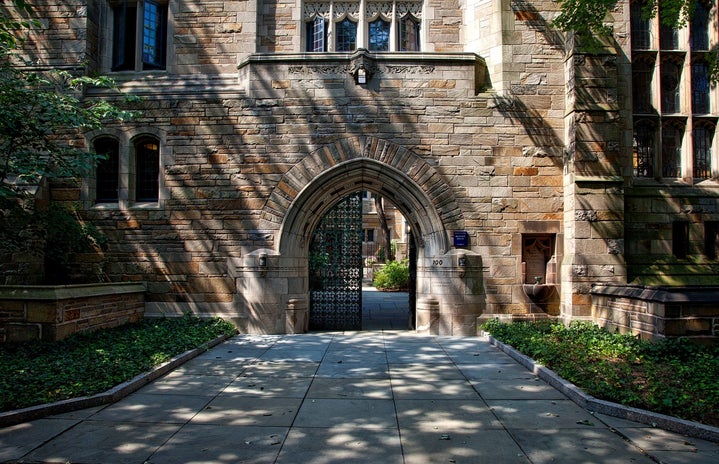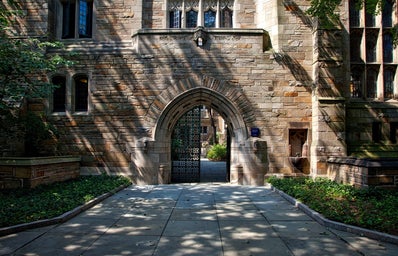“Feminism, what an incredible word” (Anne, Season One).
The CBC TV series Anne has got it right, feminism is an incredible word, but what does it really mean? With season two of Anne coming back to Netflix with a vague release date of 2018, I decided to rewatch the show and reflect on the role of women and feminism that the show explores.
As the show states in season one, feminism is the idea of forward thinking, it’s having an equal right to education, equal rights in society and being able to use the power of one’s voice. I admire the praise that the women of the progressive mother’s group give to Marilla in the show for adopting a girl, as well as their beliefs in equal education rights for their own girls. It’s important for themes such as these to be focused on in this classical story.
The writer of Anne, Moira Walley-Beckett, said that the character of Anne was an accidental feminist, and in her interpretation of Anne of Green Gables, she decided to deviate from the original storyline and experiment with Anne’s feminism and power.
Anne’s always dreamt big, she never once thought that she couldn’t do anything in life just because she was a girl. Anne valued her education and she imagined her life to be more than marriage, children, and housework. The show includes themes of prejudice against women, the struggle and search for identity, and even the power of education.
People have always had the misconception that “feminist” translates to “man hater”, but this idea is one full of ignorance. Feminism is the belief that everyone should be equal in society and have equal rights to education, equal rights to vote, and an equal role. Anne wants to work, she likes to imagine herself in many roles in her future. Her forward thinking is a very positive influence on the young girls who associate themselves with her. However, things have always been a certain way for the young girls of Avonlea, so they think of Anne as a dreamer and often shrug off her progressiveness as nonsense.
Gif via Giphy
At the 2018 Canadian Screen Awards, Anne lead the competition with 13 nominations, and it won the award for Best Drama for the year. This is a well deserved title, as the series also landed the fourth place spot on Netflix’s list of most binge-watched shows in 2017. So if you haven’t watched Anne yet, it’s really something you should consider. Moira Walley-Beckett’s darker interpretation of Anne is for the 21st-century viewers who want to see Anne in a different light, through a feminist lens.
I’m excited for season two to be released and to see where feminism will continue to take Anne. The themes that Moira Walley-Beckett wanted to explore with Anne have proven to be effective and an interesting side that hasn’t been extensively explored before. I believe that it is an important theme to be woven into the classical story as Anne of Green Gables was originally written in 1908, and before the first wave of feminism, which started in the 1910s.
Gif via Giphy
The original Anne of Green Gables focused more on Anne Shirley’s school girl dreams and the nature around her. However, she has always been a feisty character, and that has been translated in all the many remakes made. She never let anyone insult her and she even convinced Marilla and Matthew to keep her, even though she wasn’t a boy like they had wanted.
Anne Shirley has always been a quiet feminist, but with the new series Anne, Moira Walley-Beckett has been able to successfully play with the idea of feminism in a modern way, which has resulted in fans of the story to see Anne in a new light with a new form of power, which has made the classic story relevant to society and feminism today.
So if you haven’t seen the show yet, I highly encourage you to check it out on Netflix before season two is released later this year.



